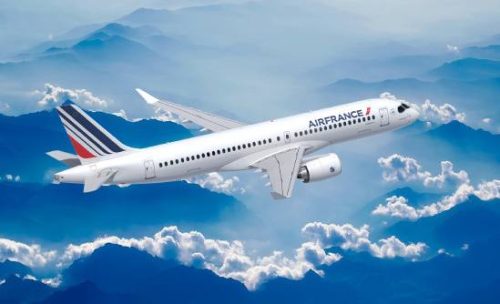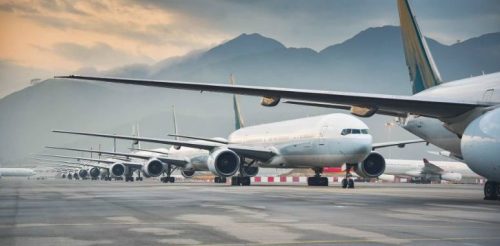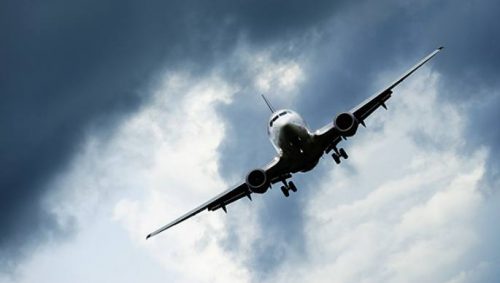Air France Committed to Sustainable Aviation Fuel
https://www.travelfoundation.org/wp-content/uploads/2022/01/air-france-committed-to-sustainable-aviation-fuel.jpg 500 304 wttc2 wttc2 https://secure.gravatar.com/avatar/8ceb3c33b6d7e246ff938130ace90a65?s=96&r=g
Paris, France, January 12, 2022 / TRAVELINDEX / Air France is strongly involved in the development of Sustainable Aviation Fuel (SAF), which can lower CO2 emissions by at least 75% when compared to traditional fossil fuel. Unfortunately, SAF is currently much more expensive than fossil fuel. Your contribution will help cover the difference and can directly reduce your carbon footprint.
Sustainable aviation fuel (SAF) is a clean substitute for fossil kerosene. This fuel is made from sustainable resources like waste oils from biological origin, such as used cooking oil. This means the fuel is cleaner, reduces emissions, and has a very low fine-particle emission, which is important for air quality. We can blend SAF with conventional fuel, meeting the same specifications as fossil kerosene.
For several years, Air France has been committed to reducing its CO2 emissions and is working with industry partners to find solutions to the climate crisis.
Between 2005 and 2019, Air France cut its CO2 emissions by 6%, despite an increase in traffic. We must continue on this path and step up our actions. The next step is to achieve a 15% reduction in CO2 emissions by 2030 compared with 2005. We have also set ourselves the goal of achieving zero net emissions by 2050, an ambitious but necessary goal to keep global warming below 2°C by the end of the century.
Currently, the main tool for reducing our carbon footprint is to invest in a modern, more fuel-efficient fleet. Air France invests 1 billion euros annually in its fleet renewal. The second mechanism we have at our disposal is to incorporate sustainable aviation fuel on our flights. It is now possible to manufacture fuel from used oils and wood residues or agricultural waste, which can reduce CO2 emissions by 75% over their life cycle compared to fossil fuel. These fuels, whose production does not compete with the food industry, can be incorporated safely without any modification to aircraft.
The quantities available are still very limited and sustainable aviation fuel is currently 4 to 8 times more expensive than conventional jet fuel. The emergence of large-scale industrial production facilities in France and Europe will help reduce these costs.
As from the beginning of 2022, French regulations will require the incorporation of an average of 1% Sustainable Aviation Fuel on flights departing from France. A “Sustainable Aviation Fuel” contribution will be included in the price of each ticket from 10 January, from €1 to €4 in the Economy cabin and from €1.50 to €12 in the Business cabin, depending on the distance. Thanks to this contribution, and to the voluntary participation of our corporate customers, over 15,000 tonnes of sustainable aviation fuel will be integrated in our aircraft in 2022, i.e., 10 times more than the previous year and significantly beyond the mandatory amount.
In addition, as from 13 January you will be able to voluntarily contribute to the purchase of additional Sustainable Aviation Fuel on our website to reduce the carbon footprint of your trip. Every euro you contribute will be invested in the purchase of this fuel. Members of our Flying Blue Frequent Flyer Programme will also be able to purchase SAF with their Miles and earn additional XP, thus facilitating their access to the different programme levels. This new service will be implemented in 2022.
First published at TravelCommunication.net
First published at TravelNewsHub.com – Global Travel News









